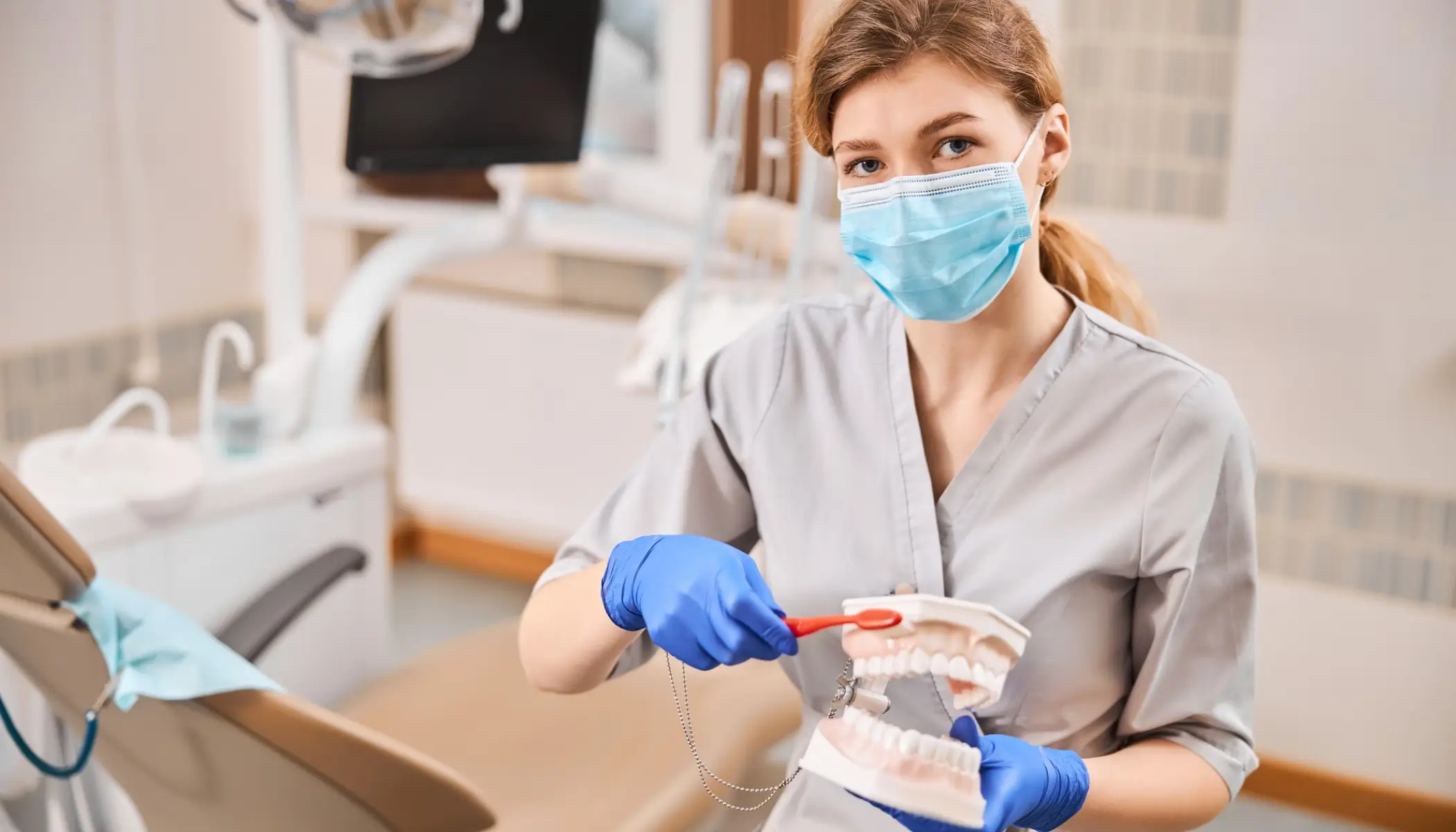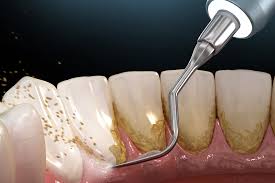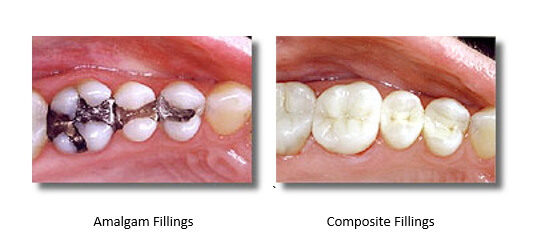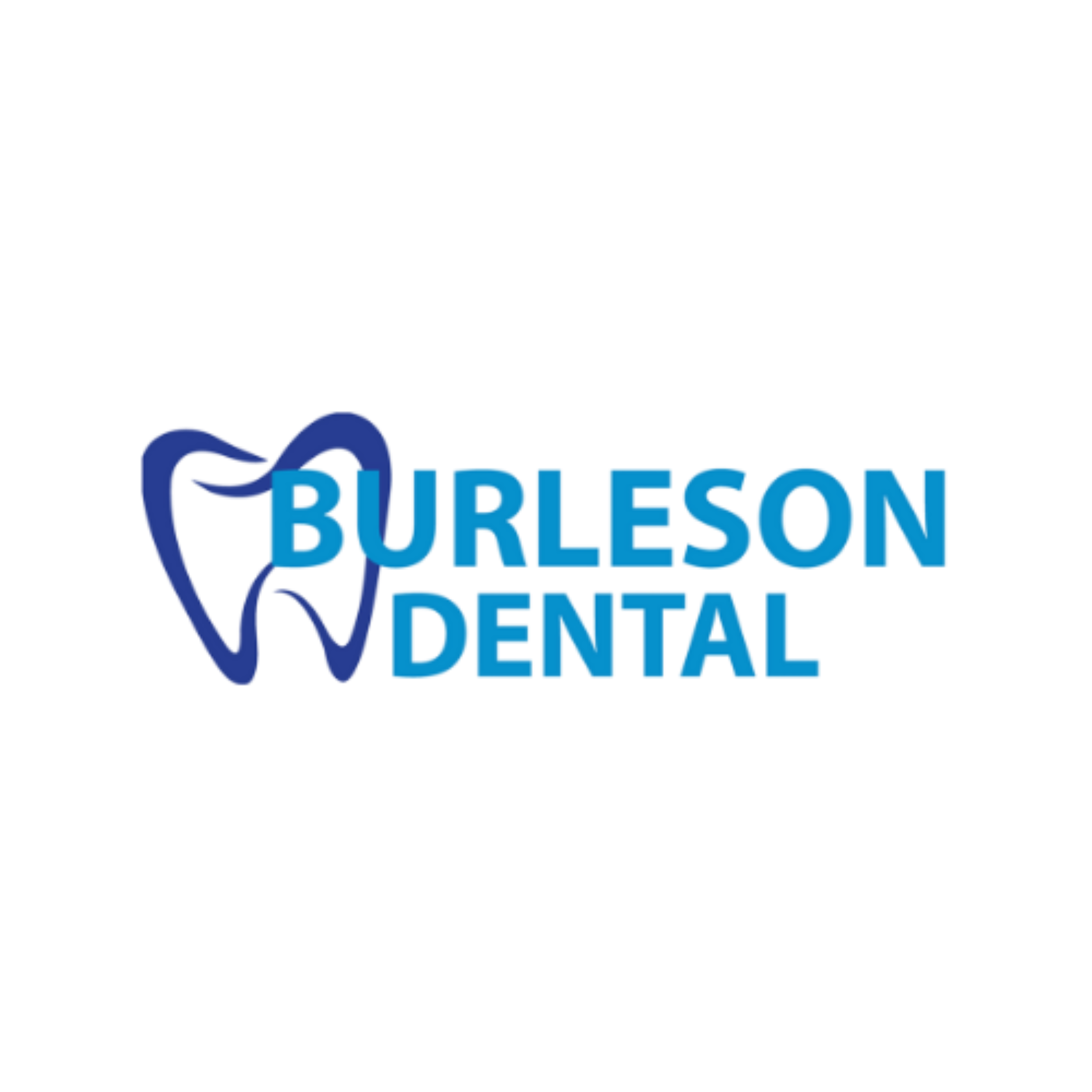
How Smoking Affects Teeth and Gums Over Time
Most people know that smoking is harmful to overall health, but many don’t realize just how damaging it can be to your teeth and gums. At Burleson Dental, we often see firsthand the long-term effects of tobacco use on oral health—and we’re here to help you understand what’s at stake, and what you can do to protect your smile.
Here’s a closer look at how smoking affects your mouth over time.
1. Stained Teeth and Bad Breath
One of the earliest and most visible effects of smoking is discoloration of the teeth. The nicotine and tar in tobacco quickly cling to enamel, causing yellow or brown stains that brushing alone can’t remove.
Smoking also dries out the mouth and promotes bacterial growth, leading to persistent bad breath (halitosis).
2. Increased Plaque and Tartar Buildup
Smokers tend to produce more plaque—a sticky film of bacteria that builds up on teeth. Over time, this plaque hardens into tartar, which can only be removed with professional cleanings.
Excessive tartar not only dulls your smile but also increases the risk of gum disease and tooth decay.
3. Higher Risk of Gum Disease
Tobacco use weakens your immune system, making it harder for your body to fight off infection, including in your gums. As a result, smokers are:
Twice as likely to develop gum disease
More likely to experience receding gums
At risk for tooth loss due to bone and tissue damage
Worse still, smoking can mask the early signs of gum disease (like bleeding gums), making it harder to catch and treat in time.
4. Delayed Healing After Dental Treatments
Smoking reduces blood flow to the gums, which slows down your body’s ability to heal after procedures like:
Tooth extractions
Gum surgery
Dental implants
This delayed healing can lead to infections, implant failure, and prolonged discomfort.
5. Increased Risk of Oral Cancer
Perhaps the most serious long-term risk of smoking is oral cancer. Tobacco users are significantly more likely to develop cancers of the mouth, throat, tongue, and lips.
At Burleson Dental, we include oral cancer screenings in our routine exams—especially important for patients who smoke or use tobacco products.
Protecting Your Oral Health: What You Can Do
If you smoke, quitting is the most important step you can take for your oral (and overall) health. While the damage from smoking can be serious, it’s never too late to make a positive change.
Here are a few steps you can take right now:
Schedule regular dental cleanings and checkups
Ask us about teeth whitening or stain removal options
Practice excellent daily oral hygiene (brushing, flossing, mouthwash)
Talk to your doctor or dentist about smoking cessation resources
Burleson Dental is Here to Support You
We understand that quitting smoking isn’t easy—but we’re here to help. At Burleson Dental, we offer non-judgmental care, personalized advice, and a full range of dental services to restore and protect your smile.
Whether you’re a current smoker or working toward a tobacco-free life, your dental health matters—and we’re with you every step of the way.


Ready to take charge of your oral health?
Contact Burleson Dental today to schedule an exam or consultation. Let’s keep your smile strong for years to come
